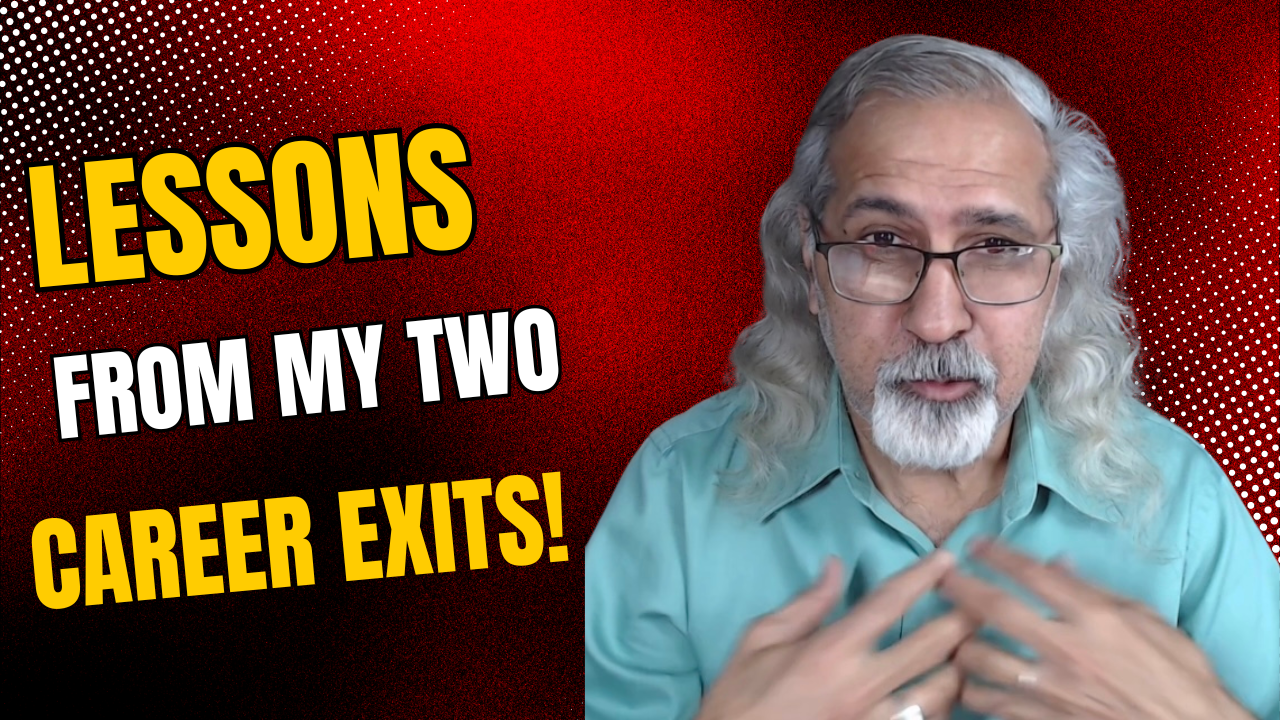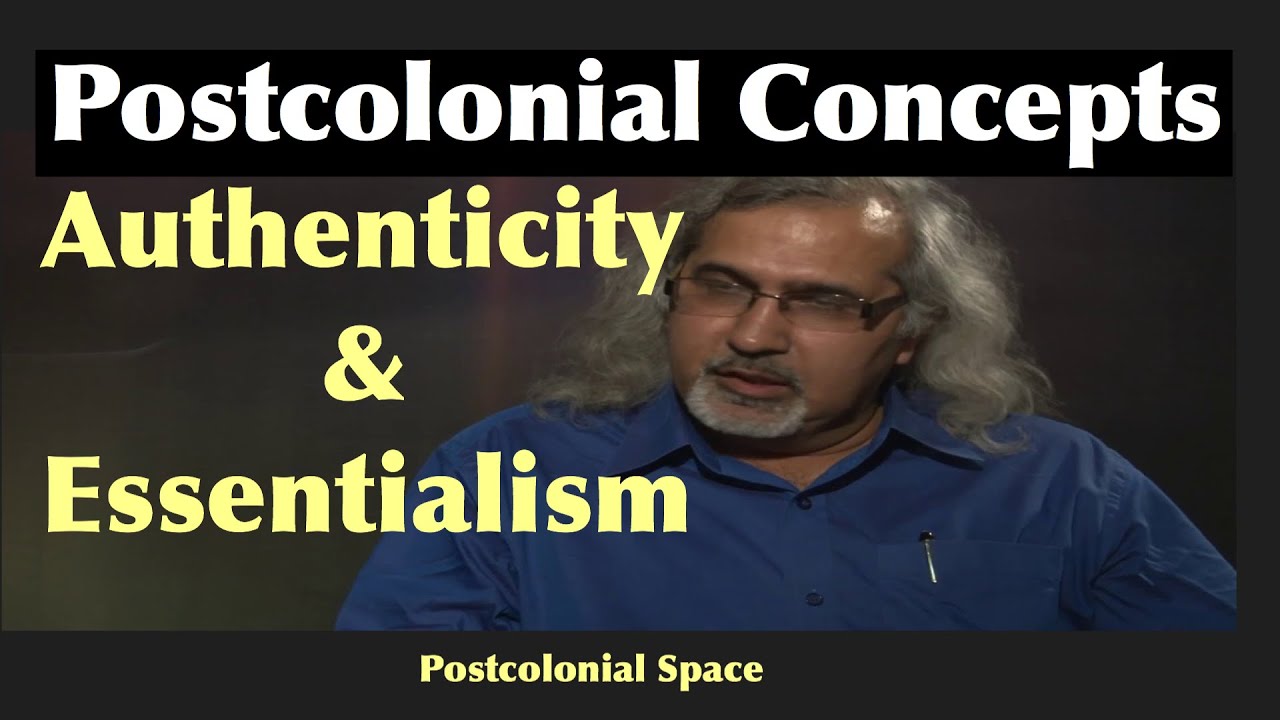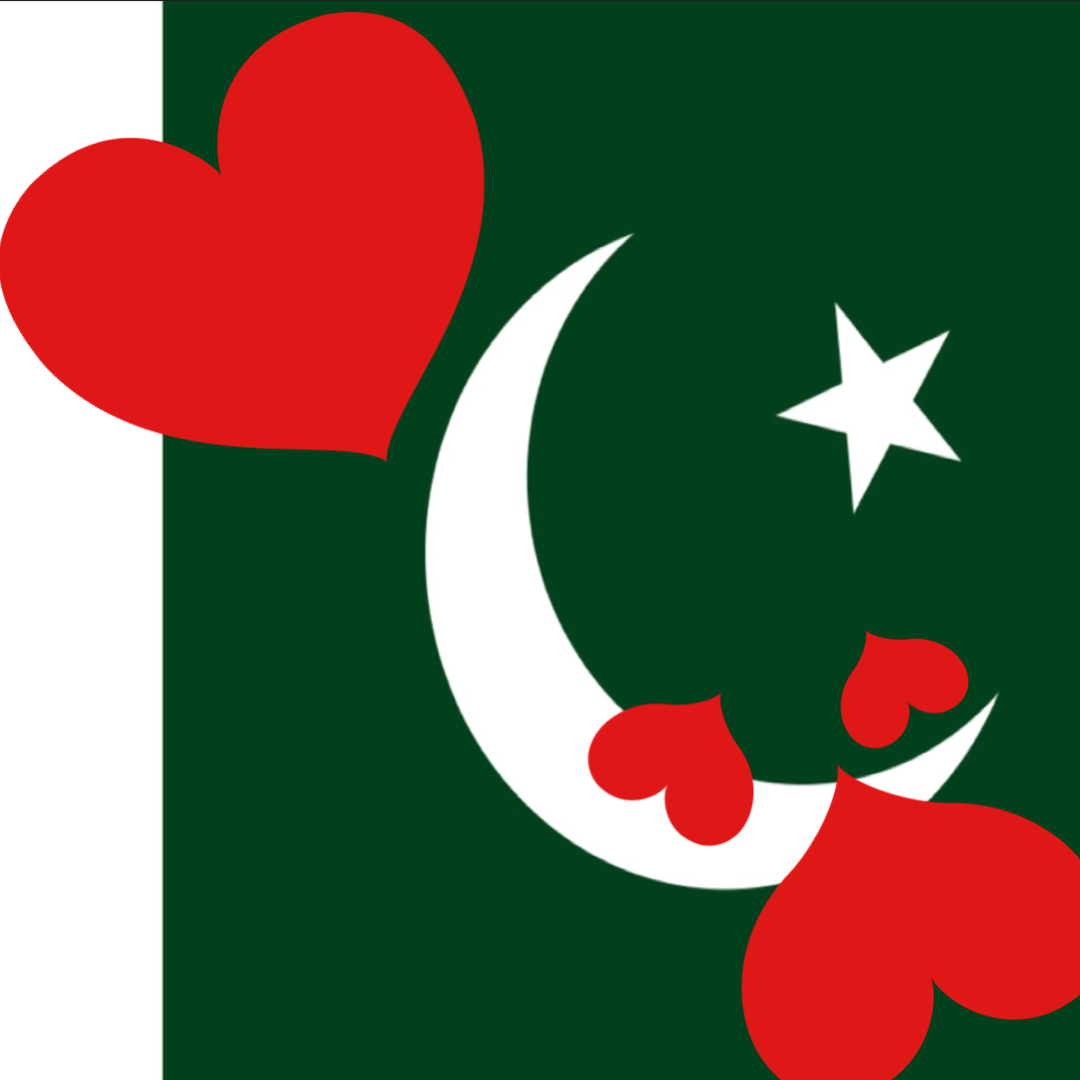The World We Inhabit and the Need for Change
In one of his works, Emmanuel Levinas poses a set of important ethical questions about the nature of our interactions with our others:
When others enter, each of them external to myself, problems arise. Who is closest to me? Who is the other? Perhaps something has already occurred between them. We must investigate carefully. Legal justice is required. There is need for a state. But it is very important to know whether the state, society, law, and power are required because man is a beast to his neighbour (homo homini lupus) or because I am responsible for my fellow. It is very important to know whether the political order defines man’s responsibility or merely restricts his bestiality.[1]

Talibanization
The Levinasian answer to question of justice and our responsibility to the others is, for me, the most important ethical question of our time in the world. Just as Levinas makes the existence of a state, law, or government conditional to our view of human nature, so should we pose the question of life in the advance capital. Our conservative friends ask us to combine the two most egregious human attributes—self-interest and free enterprise—and want us to imagine a world void of governmental intervention. A monstrous world comes out of this vision and we as humans do not come out ahead, for if all are seekers of self interest in the Darwinian marketplace, then what hope do we have as a species. On the other hand, the Taliban want us to buy into a system of government that, in return for some welfare, wants to regulate every fiber of our being, body and soul. We are not “beasts” and hence neither need the iron hand of the government nor the guiding hidden hand of a competitive marketplace. After all is said and done, we can be decent and compassionate beings who would think of our others not because we are coerced into it but because that is how we define our humanity. But that, like so many other things in this fast paced world, is just a hope.
As stated in the introduction, this book is written out of love. I would like to conclude it with hope. I hope that a quick reading of this brief book would encourage my readers to ask questions. Yes, certainly, my topic being controversial, I expect a certain degree of outrage and, if I know my American conservative media well, probably also some outrage from the usual opinion-makers on the American right. My whole purpose in this book has been to call them to question as unapologetically as possible within the limits of civilized discourse.
Many years ago, someone whom I admire, had started a book with one of the most profound and eloquent pronouncements. He had said, “there are too many idiots in this world, and having said it I have the burden of proving it.”[2] I neither have the confidence nor the kind of charisma and intellectual acumen to make any such claims. I say that there is too much wrong with this world. There is too much suffering, cruelty, hate, anger, disease, and death. We have created this world. And since we have created it, we cannot wait for a transcendental power to descend into our ranks to fix it. Nor can we rely on the invisible hand of the market to save us from ourselves. At the end of the day, the collective will of humanity will have to tackle these overpowering problems. We can no longer impugn our failures to the natural flow of time or nature; we do not live in the natural world that exists under a grand design of a transcendental master. We live in the most structured, electrified, air-conditioned, compartmentalized world with technologized economies and ossified political systems. We live in a world of enormous riches and heart-breaking poverty. We live in a world where the sick still die of curable diseases, where millions go hungry every single day, and where a large number of people live without adequate water. I say this world is wrong! I say we need to fix it!
I have discussed two globally disparate groups here; groups that want to reshape the world with the power of their religious and economic ideologies. While the book is addressed to a general audience, it also mostly addresses the American readers, for that is where I reside and I know that America, for right or wrong reasons, has the power to shape a better world. But I also talk of my native country Pakistan and the destructive forces that are active there, for that is where I dwell. As Walter Mignolo has said so eloquently: it is not “where you reside but where you dwell” that also matters.[3] In the end, it is this dwelling at the place of the other that will save us, for self-interest alone has not done that so far, nor is it likely to do so in the near future. As I stated in one of my chapters above, the pursuit of self-interest is always at the cost of someone else’s interest. There are no unclaimed territories in the world. Chances are, when we are prospecting for our own riches and gain, we are already in someone else’s backyard.
There are no profound messages in this book, for I do not possess the necessary wisdom to be profound. These are just my imperfect observations tossed into the whirlwind of time and space with a hope that my words would accidently touch some of you. And if you do find something of value in this book, please join me and many others to change the world, to reshape it to match the aspirations of many and not just the wishes of the few. The powerful will have us believe that they have more because they deserve it or that God has bestowed upon them this worldly riches to acknowledge their virtue. But then, they have always said so: that has always been their legitimating slogan. But God, or other powers like her, I say, does not belong to anyone and the poor and the wretched of the earth are her people.
I have argued that the narratives that we use to cobble together our selves are not our narratives, are not our stories: these are stories that have been forced upon us, in the dead of the night, through our textbooks, movies, novels, religious cosmologies etc. etc. We have never read our own story: we have read only the tales that legitimize and stabilize the system of power as it is. And since we gave up on utopias long ago, we are now left with these moth-eaten pages of a narrative that writes itself in the interest of those who have the power to shape our destinies and foreclose all life, love, and beauty to us.
We all must learn, love, and live to unravel this mask, this epistemological lens that, in purely Marxian sense, forces us to see the world with the eyes of our oppressors. We must develop that other mode of thinking, the decolonial mode, the mode that privileges love over success, that valorizes giving over taking, the mode that values our humanity without any qualifying attachments.
As I have said elsewhere, “the world as it was, is, or will be is beyond commons sense.”[4] It is a world of our own making: we have shaped its every contour, its every ridge, its every height and depth. Only we can change this world. Those who hold us in their hands want us to write the narratives of their choosing: we must learn to write a different narrative, a different kind of story: a story that includes all and is not about one or a few. No, Ayn Rand did not have it right: there is no place for the rich and the powerful to escape to and even if they withdrew from the world, the world would go on, for the world does not run with the guidance of the few but with the sweat and labor of a multitude. And to assume that only a few have the power and the insight to make this world intelligible to all of us is the ultimate form of hubris: this is what Lucifer or Shaitan would claim.
Yes, there must be a transformation, a distancing from this world of war to various forms of love. We must move away from the world of Abdul Wahab and Hegel to the world of Levinas and Ibn Arabi, where love of others rules supreme and self-interest is not offered as the ultimate virtue!
I have in the preceding chapters criticized any purist retrieval and mobilization of tradition or use of tradition to create exclusive zones of being. However, I do not subscribe to the tradition-modernity divide: that was yet another weapon in the hands of the powerful to reduce huge populations of the world to the so called designation of “primitives’ and uncivilized.[5] I believe that there can be several ways of living in the world and that tradition can be useful in slowing down the destructive march of neoliberal capital, and if tradition does that in so many different ways then that is an enabling use of tradition. But tradition used to only exclude humans from a progressive and inclusive project of civilization is what I have opposed in this book.
This is our world, and we must decide as to what kind of a world it ought to be, for what it is at present no longer works for most of humanity. Some of us have sought our solutions in religion, others in extreme forms of individualism and for some capitalism itself is a sort of religion. Our hope and purpose should be to create a polyversal world in which varied ideas can live in harmony and where no one has to suffer the indignities and humiliations of an unequal system of sustaining life. No, my answer is not the ultimate socialist utopia, for that is yet another march toward uniformity and elimination of differences. My hopes are modest: I just want the world to be a place where we can live in dignity, with differences, with a certain regard for life and a certain politics of care for the weak. A world based in compassion and not competition. Yes, let us create a world where capitalism, science, and religion live up to their often touted promises of prosperity, enlightenment, and love!
[1] Levinas, Emmanuel. “Ideology and Idealism.” The Levinas Reader. Ed. Sean Hand. (Oxford: Blackwell Publishers, 1989): 247-8.
[2] Fanon, Frantz. Black Skin White Masks (New York: Grove Press, 1967).
[3] Mignolo, Walter D. The Darker Side of Modernity (Durham: Duke University Press, 2011): xiii.
[4] Raja, Masood Ashraf. “Introduction.” Critical Pedagogy and Global Literature: Worldly Teaching. (Palgrave-Macmillan, 2013).
[5] By far the best discussion of this colonization of time and space can be found in Walter Mingnolo’s The Darker Side of Modernity. Durham/ London: Duke University Press, 2011.
From the conclusion to my book The Religious Right and the Talibanization of America.



